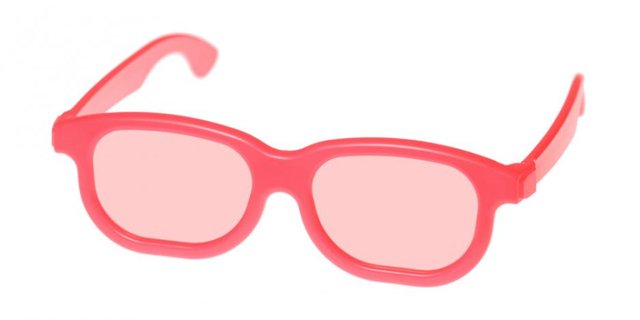How do the "rose-colored glasses" in brain

We tend to perceive the information that reaches us, selectively. When we hear something nice for yourself you are more likely to remember it than when we hear something bad. Scientists are already aware of what the brain plays the proverbial "pink eye."
Correct our image of ourselves when we say that we are smarter or more beautiful than we thought. When we say that we are stupid and ugly, almost did not change. So act 80-90% of people.
Build views based on good news and develop relatively optimistic outlook to life. The possibility happen to us unpleasant things - illness, theft and others. - less worries us.
A team from University College London found that when temporarily interrupt the function of a particular center in the brain, a person ceases to ignore bad news, writes the Guardian.
They gathered 30 volunteers, each of which is right-handed, and divide them into three groups. Using transcranial magnetic stimulation to block the action of the lower left frontal gyrus (FGD) at both the right and the others. In the third group no impact.
On a computer screen in front
of each participant are shown events that nobody wants to happen - than to become ill from cancer to miss this flight - and he must experience alone to determine how likely it is to survive.
Then the computer displays the average statistical risk for that age and social class. Some time after receiving this information, each volunteer must re-assess the risk for themselves.
Group where there is no interference, and the group in which it is stimulated right FGD showed normal distortion in favor of the good news : if you know that the average risk of developing cancer or Alzheimer's is lower than thought, adjust your perception . Otherwise, keep old ones.
But people who had been left blocked FGD are remembered equally well and good and bad news. From Neurobiologists conclude that this center to prevent other parts of the brain to remember the bad news. Blocking removes the "rose-colored glasses."
In people with depression much more frequently observed cognitive distortion in favor of the good news. Optimism is useful because it makes us happy and purposeful. And to understand why some did not work, we need to understand why occurs in most people.